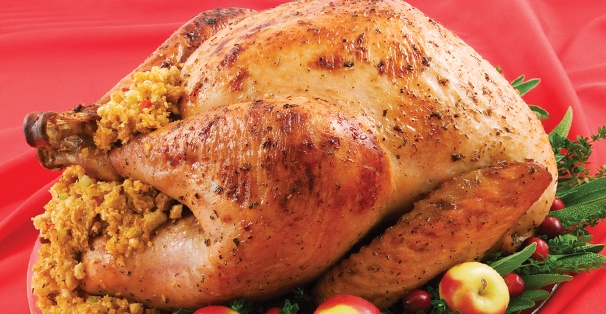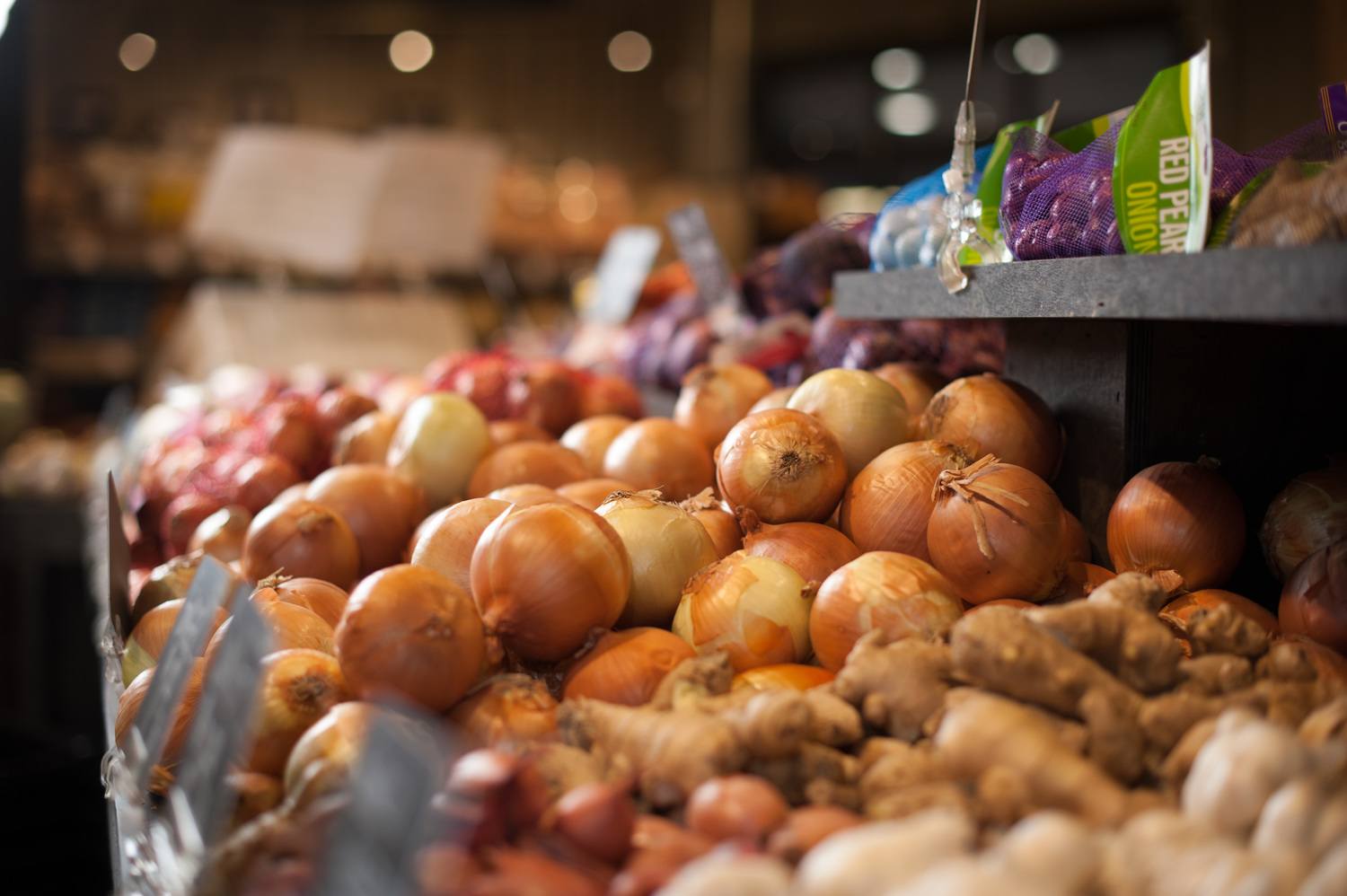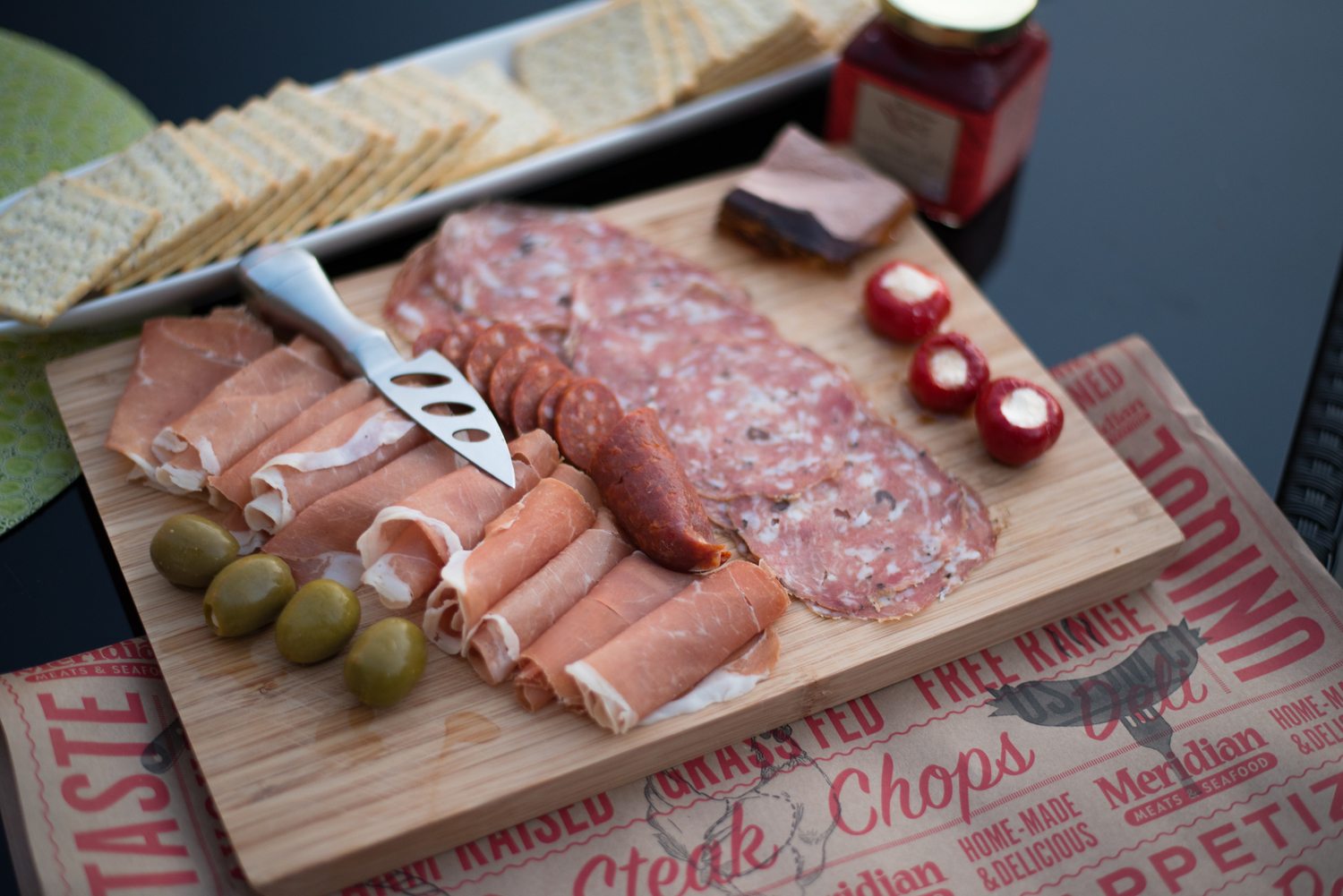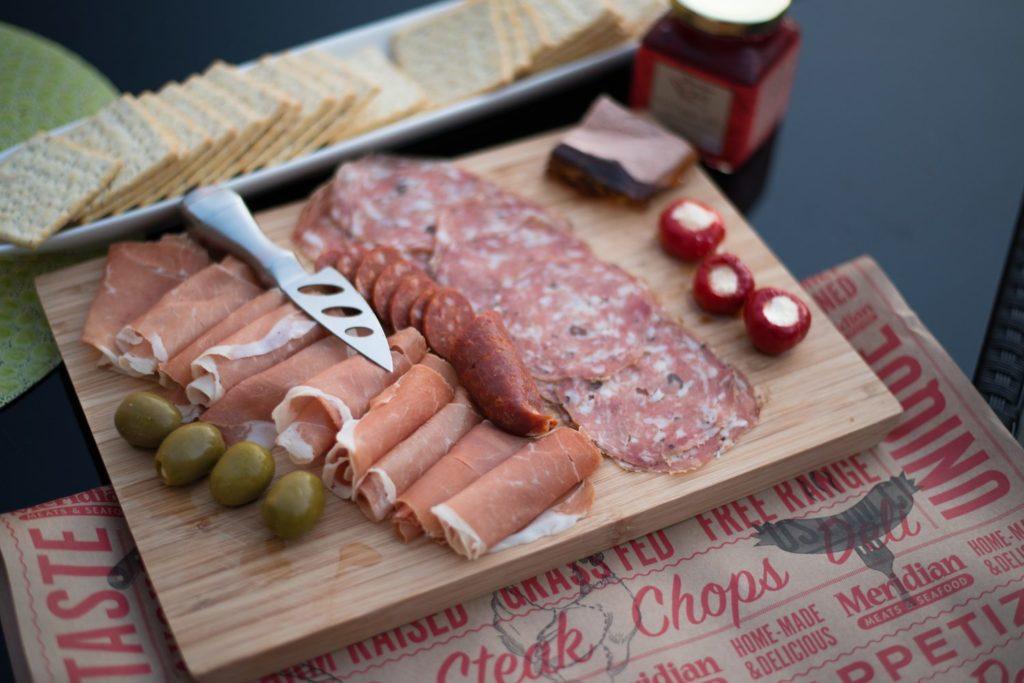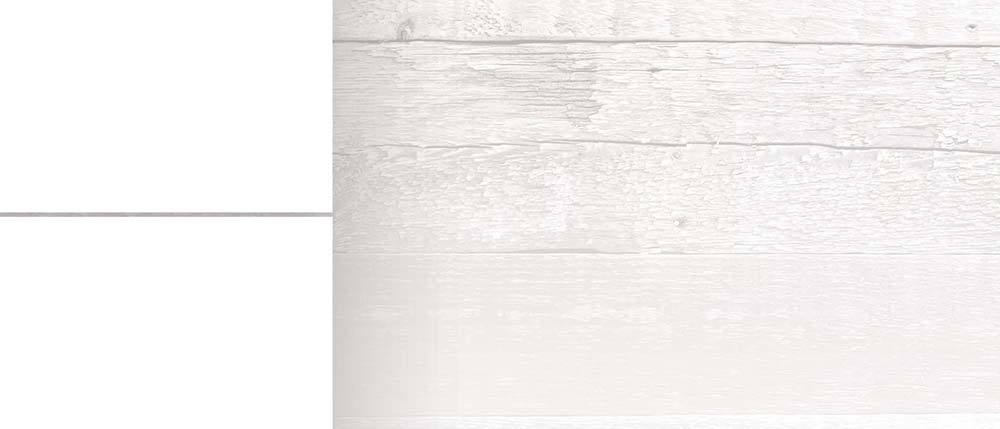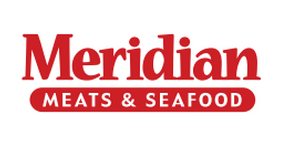A must read for anyone who BBQ’s
When cooking outdoors, whether hot and fast grilling, or low and slow barbecue there are a few things you need to know to make sure nothing goes wrong and how to get the most out of your cooking.
Combining explosive fuels with food, hot metals, and large groups of people can cause be a recipe for disaster if you are not careful. Of course, there is more to outdoor cooking safety than just the fire.
1. Fire
Fire is the most destructive force in the universe and you are inviting it into your backyard for a little cookout! First thing you need is a fire extinguisher. Next you need to know your fire and know how to control it. Every year grills and smokers cause thousands of fires, hundreds of injuries, dozens of deaths and millions of dollars in damage. You need to know how to cut fuel supplies, extinguish fires and call the fire department. Always have one person in charge of the fire at all times, a fire marshal if you will. You should also know something about treating burns.
2. Food Safety
Bacteria eats every kind of food you can think of, even brussel sprouts. It grows at any temperature above freezing and stays alive until that temperature hits around 165 degrees F. Every second you give it between these two temperatures it is multiplying and causing disease in your food. So, until it goes in to your mouth or on the grill, it needs to be kept cool. The second you are done serving it up, it goes back in the refrigerator. The basic rules are: Suspect Everything, Keep it Covered, Keep it Cool, Get it Hot!, and Use your Head. Remember you are more likely to get food poisoning than you are to get the flu.
3. Location
Location is everything when it comes to placing your grill or smoker. Every year hundreds of people cause fires to their houses, garages and patios because they didn’t put their grill or smoker in the correct location. Your equipment manual will tell you the minimum distances around your unit that must be kept clear. Firemen suggest that you take a good look at your equipment and imagine the worst fire you can and make sure there isn’t anything (buildings, trees, etc.) in that space.
Also make sure that you unit isn’t going to require people to walk too close to hot surfaces and that children won’t be playing nearby.
4. Gas Safety
The number one cause of gas grill fires is an obstruction in the path of the fuel. This largely takes place, behind, underneath or inside your grill where you do not look. This means you need to regularly inspect your gas grill for problems. Bugs and other critters can climb into little places causing gas to flow where it shouldn’t. At the first sign of problems turn off your control values, turn off the fuel tank, and disconnect everything. Gas grills produce a great deal of heat that can melt through hoses, knobs and other parts. Assume everything is third degree burn hot.
5. Charcoal Safety
Charcoal grills are the cause of far more fires that gas grill. The number one problem with charcoal grill is lighting the charcoal. Lighter fluid causes all kinds of problems and you should really find a better way to light your coals. What really burns the hair off your face is adding lighter fluid to hot coals. Lighter fluid turns to a heavy gas at a relatively low temperature. While liquid lighter fluid burns, evaporated (gaseous) lighter fluid explodes. Follow the instructions exactly – be careful not to take this step casually.
6. Grease
Bad enough that you are using flammable materials to do your cooking, but the food itself is creating more flare-up. Flare-ups are more than a nuisance, they are potentially lethal. Grease that collects in your grill builds up over time. It is easy to get several pounds of grease in the bottom of your grill after only a few cookouts. This is why you need to keep your grill clean. A clean grill is a safer grill whether it is gas or charcoal. Also, smokers are not exempt from this problem as I have seen many uncontrollable grease fires in smokers. So no matter what you use, get the grease out.

